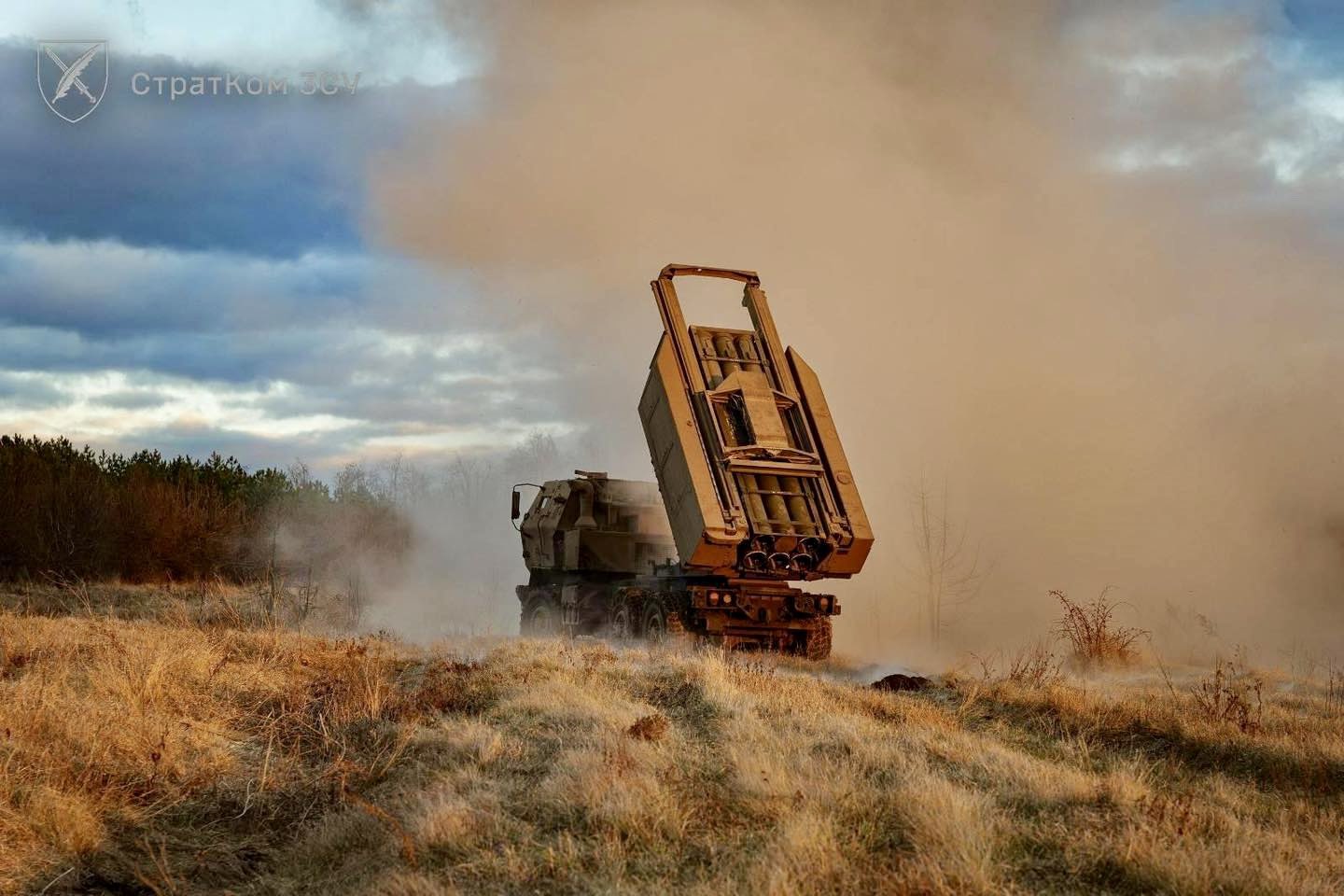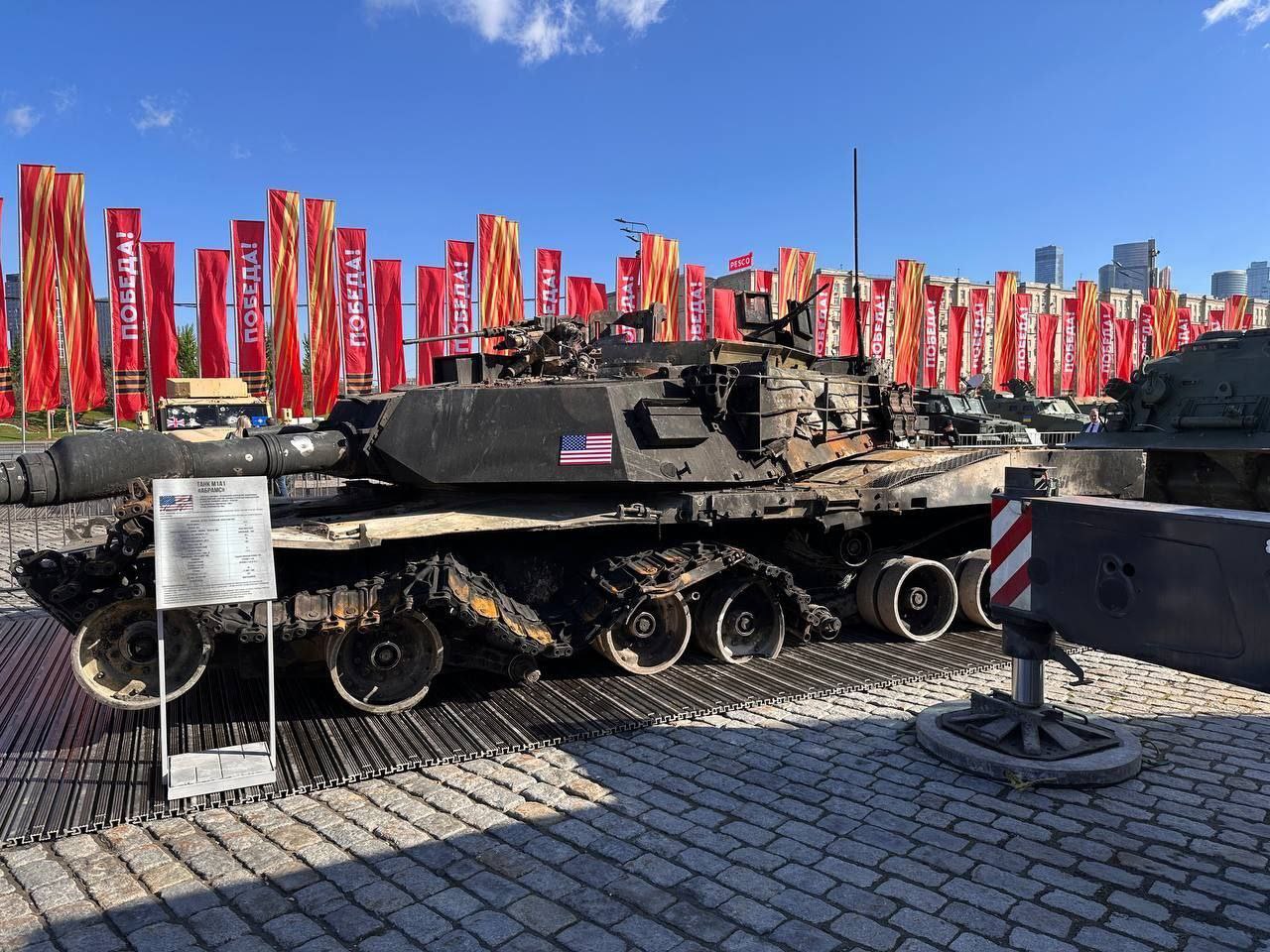On July 15, a US bipartisan Congressional committee on China issued a formal request to the White House to disclose whether Russia had been sharing insights with China on how to neutralize US weapons systems deployed in Ukraine.
The letter, addressed to National Security Adviser Jake Sullivan, was signed by Representatives John Moolenaar, the Michigan Republican and Chairman of the House Select Committee on China, and Raja Krishnamoorthi, the senior Democrat from Illinois.
The letter expressed concerns that the Russian military’s recent successes in countering US weaponry might be due to information exchanged with China.
The committee members warned that Russian adaptations, particularly those involving electronic warfare countermeasures, could potentially be passed on to China, impacting the effectiveness of US precision munitions.
The lawmakers highlighted reports indicating that Russia’s ability to undermine advanced US weapon systems could be linked to its “no-limits partnership” with China. This partnership could involve exchanging critical technology and tactics that have helped Russia adapt and overcome US military equipment on the battlefield.
F-16s “Sitting Ducks” For Russian MiG-31 Fighters? Putin Warns Of Consequences Over Fighting Falcons
Despite acknowledging that some US weapon systems might be outdated, Moolenaar and Krishnamoorthi emphasized that even the most modern armaments sent to Ukraine have faced challenges.
They urged the White House to investigate whether these challenges resulted from strategic intelligence or technological aid from China.
The representatives cited various media and think tank sources suggesting that China had supported Russian military industries by providing significant amounts of microelectronics, dual-use equipment, advanced imagery, and aiding in space technologies and satellite communications.
They requested a comprehensive analysis to determine the extent of this cooperation and its implications for US military capabilities.
In their letter, the Congressmen also sought an investigation into whether the Chinese military had modified its combat techniques based on insights gained from Russian battlefield experiences.
Additionally, they called for clarity on how the White House planned to maintain the effectiveness of US military power in the face of potential adaptations by Russia and China and to hold China accountable for its support of Russian aggression in Ukraine. The National Security Council had not responded to requests for comments.
Why Congressional Committee Is Concerned?
The committee’s concerns are justified, particularly in light of the heightened cooperation between Russia and China following Russia’s invasion of Ukraine in 2022.
The US has provided Ukraine with a range of advanced weaponry, including cutting-edge HIMARS rocket systems, ATACMS, and Abrams Tanks. The knowledge required to counter these advanced systems would be extraordinarily valuable to the Chinese military, especially as Taiwan moves forward to acquire them.
Initially, these armaments played a pivotal role in thwarting Russian advances. However, Russia has since adapted its tactics and electronic warfare (EW) capabilities, effectively neutralizing these formidable threats.
Russian EW systems have already demonstrated the capability to jam GPS-guided munitions, such as Excalibur and HIMARS. Reports in May indicated that Ukraine had ceased using the HIMARS systems supplied by the US because Russia had successfully jammed them, with Ukrainian forces deeming them “ineffective.”

Additionally, Russia has reportedly obtained detailed information about ATACMS missiles, which in recent months inflicted severe damage on Russian military positions in Crimea.
Russian experts claimed earlier this month that they had thoroughly analyzed the ATACMS missile’s design, which they believed would help Russia develop countermeasures against the US-made weapon.
Russia Claims Breakthrough With ATACMS; Says Decoded ‘Complex’ U.S. Missiles Haunting The Military
On the other hand, Abrams tanks, despite being one of the most touted US-made weapon systems, have not delivered noteworthy results on the battlefield. This shortfall is partly attributed to the limited number of these tanks provided by the US to Ukraine.
Russia has destroyed or damaged multiple M1 Abrams tanks and even displayed them, along with Bradley’s armored fighting vehicle, as ‘War Trophies.’

The data gathered by Russian forces on these weapon systems would be extremely valuable for developing countermeasures, and Beijing would undoubtedly be interested in this information.
Earlier reports claimed that Russia might have sent the seized NATO-provided weapons, including Javelin anti-tank and Stinger anti-aircraft systems, to Iran, raising concerns that Tehran might attempt to reverse-engineer them.
Patricia Marins, a defense analyst specializing in the Russian defense industry, told EurAsian Times, “Despite advancements in various technological fields by the Chinese, Russians still hold a technological edge in nuclear technologies, air defense systems, missiles, and notably in Electronic Warfare (EW). The Chinese are particularly intrigued by Russia’s success in jamming U.S. weapons during the conflict in Ukraine.”
Marins underscored another area of particular interest to China: the expertise Russia gained from its experiences in Ukrainian war scenarios, especially in air defense systems. Marins noted ongoing Russian efforts to enhance them against Western air defense technologies, a development that intrigues China.
However, she noted that such sensitive information is closely guarded by Russia, and any potential sharing would likely require substantial benefits and technology exchanges from China, particularly in fields like robotics.
Marins expressed concern that Russia might negotiate certain technologies with China, potentially in exchange for advancements in automating military facilities. She highlighted that Russian military factories currently have low levels of automation in their manufacturing processes, an area where Chinese expertise could be pivotal.
- Contact the author at ashishmichel(at)gmail.com
- Follow EurAsian Times on Google News




